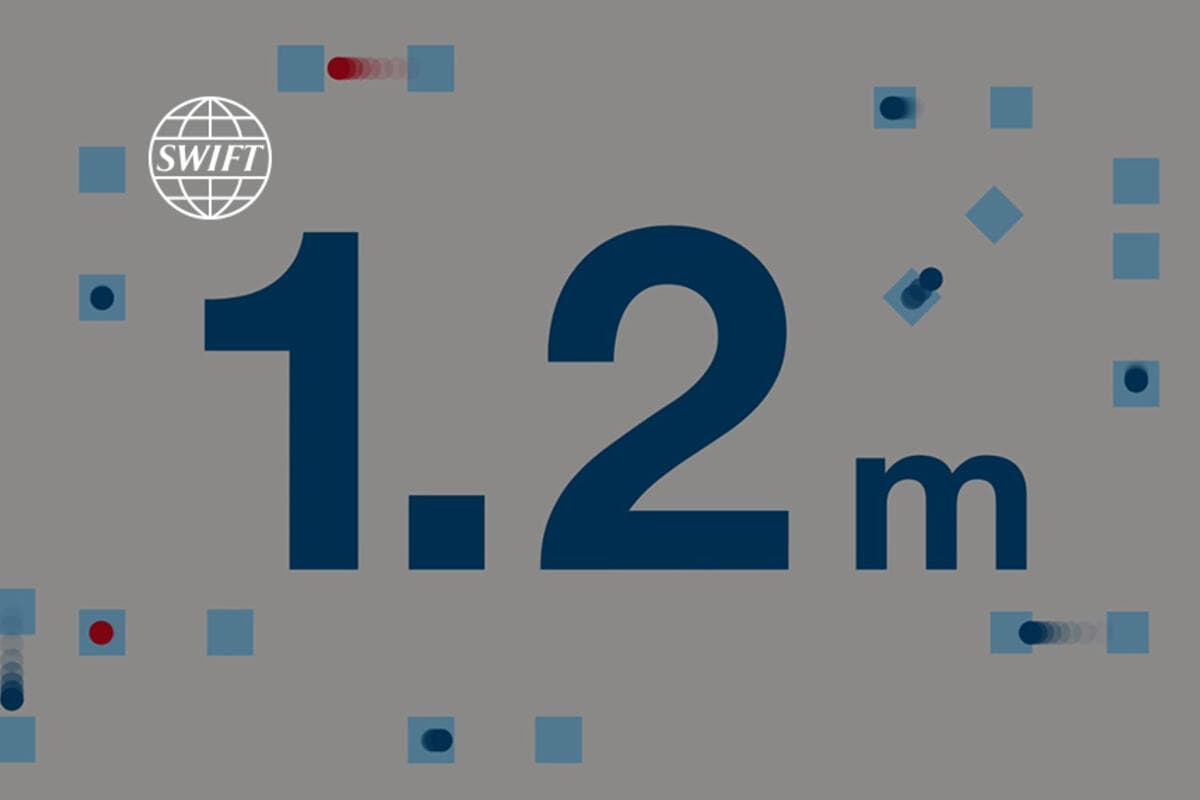KYC Registry
Our KYC Registry offers a secure, standardised platform for customer due diligence, protecting the global financial system from money laundering and financing of illegal and criminal activities.
Over 7,700 institutions use the KYC Registry for exchanging KYC data and documentation. And It's recognised as the established global standard for correspondent banking due diligence. Banks, corporates and non-banking financial institution (NBFI) customers of Swift use it to help simplify the KYC process across the community.
Benefits
Features
-
Data contribution and review
Our KYC Registry uses rules-based logic, ensuring you’re only asked to provide KYC data and documentation relevant to your organisation. For additional security, you can opt for an internal four-eye check on contributed data.
-
Security and access control
Control access to your KYC information, allowing counterparties to access, view or download as needed. You can also see every counterparty you’ve interacted with over the last 13 months, create bulk access requests, and grant or revoke permissions as you see fit.
-
Communication and reporting
Use the KYC Registry messenger for secure communication with other institutions’ users. You can access user activity reports, version history, and a new customisable reporting menu. All KYC communications on the platform have an audit trail and can be exported for audit purposes.
-
API and data integration
Automate data collection and monitor real-time changes to counterparties' data with our API integration for the most up-to-date information.
-
Contribution and linking
Leverage contribution features to streamline your KYC process - 'Link' documents and associated data from your parent entity or 'Copy' data from one entity to another.
-
Audit and compliance
Simplify audits with comprehensive activity reports and communication exports. And stay compliant with in-app reports and an audit trail for all communications.
-
Adverse media review
Institutions using media for KYC checks can access adverse media linked to entities through the KYC Registry. Our partnership with Dow Jones Risk & Compliance provides easy access to global negative news and regulatory notes, facilitating fast and thorough customer due diligence.
Join the KYC Registry
Frequently Asked Questions
How many financial institutions are using this service?
Almost 6,000 financial institutions and more than 60 central banks are using our KYC Registry across more than 200 countries and territories. We extended the service to Swift connected corporates in December 2019.
How has the Swift community been involved in its development?
The Swift community has been instrumental in the development of the KYC Registry. Working group members include 16 of the largest banks across multiple regions.
Who can use KYC Registry?
The KYC Registry accepts information from correspondent banks and fund distributors, custodians and Swift connected corporates. All Swift users have access. Non-Swift users don’t have access.
What information does our KYC Registry cover?
A full list is available when you sign up, or by sending a request to: kyc.registry@swift.com
Is our KYC Registry secure?
Security and data protection have been at the core of our business for more than 40 years. We have controls in place to ensure adequate security, covering:
- asset management
- human resources
- security
- physical security
- access control and application security
- systems operations and management
- networks and communications
- security incident management
- business continuity management
Our corporate security policy and standards are based on principles of ISO/IEC 27002:2005 (Code of Practice for Information Security Management), and we review our security measures on a regular basis.
How does our KYC Registry support privacy laws?
Our KYC Registry privacy policy sets out the roles and responsibilities of Swift and our customers related to the collection and processing of private data.
What is the pricing model for the KYC Registry?
Customers can contribute data and share KYC information with counterparties free of charge through the registry.
Access to counterparty KYC information is based on data usage. You can do this on a pay-as-you-go basis, so you only pay for the information you access.
Unit pricing is a single standard fee. Once access to a record set is granted, all users in the institution can access and view it at no extra cost.
Which languages does the registry support?
Data entry is in English, with the exception of some fields that require names in local languages. Documents can be provided in any language, but we recommend translating them into English.
The following languages are supported for document validation: English, French, Spanish and Dutch. The language list is updated regularly. When a document is uploaded in one of the supported languages, we validate the original document and its English translation (if provided). If a document is uploaded in a non-supported language, we’ll publish the document without validation and only validate the English translation (if provided).
Begin your onboarding journey
-
Gather your data
Identify all the information you need, its current location, and processes in place for approval or maintenance.
-
Create your account
Create your own account on swift.com, fill in the required fields, and then register your account to an institution.
-
Start to contribute
Input your KYC information on the registry. Our operations team then conducts a four-eyes check to ensure it’s correct, compliant and safe.
-
Share your information
Grant access to the relevant entities so they can access your KYC documents.




